Marketing Management - Marketing Strategy Insights

Welcome! How can I assist with your marketing strategy today?
Empower Your Marketing with AI
Can you provide a comprehensive marketing plan for a new product launch?
What are the best strategies to understand customer needs and behaviors?
How can we effectively analyze market trends for our industry?
What are some effective advertising tactics for increasing brand awareness?
Get Embed Code
Introduction to Marketing Management
Marketing Management refers to the process of planning, executing, and overseeing marketing strategies and tactics to promote products or services effectively. It encompasses a broad range of activities designed to meet market needs and achieve business objectives, focusing on analyzing market opportunities, segmenting target markets, positioning products, and managing the marketing mix (product, price, place, and promotion). For example, the launch of a new smartphone involves researching consumer preferences, identifying competitive advantages, setting pricing strategies, choosing distribution channels, and planning advertising campaigns. This process ensures that the smartphone meets consumer needs while standing out in a crowded market. Powered by ChatGPT-4o。

Main Functions of Marketing Management
Market Research and Analysis
Example
Conducting surveys and focus groups to gather data on consumer preferences for a new line of eco-friendly packaging.
Scenario
A company planning to launch eco-friendly packaging uses market research to understand consumer attitudes, preferences, and willingness to pay a premium for sustainable options. The insights guide product development, positioning, and promotional strategies.
Strategic Planning
Example
Developing a go-to-market strategy for an innovative fitness app, including market segmentation, targeting, and positioning.
Scenario
Before launching a fitness app, a company analyzes market segments to identify target users, such as fitness enthusiasts looking for home workout solutions. The strategic plan includes positioning the app as a personalized fitness coach and selecting marketing channels that reach the target audience effectively.
Product Development and Management
Example
Collaborating with R&D to create a line of smart home devices that meet emerging consumer demands.
Scenario
A tech company identifies a market opportunity for smart home devices that offer enhanced security features. Marketing management works with R&D to develop products that match consumer needs, including user-friendly interfaces and integration with existing home systems.
Pricing Strategies
Example
Implementing dynamic pricing for an online retail platform to adjust prices in real-time based on demand and competition.
Scenario
An e-commerce company uses market data to implement a dynamic pricing model, allowing it to adjust prices for high-demand products in real-time. This strategy improves competitiveness and maximizes profit margins.
Promotion and Advertising
Example
Launching a multi-channel advertising campaign for a new beauty product, utilizing social media, influencer partnerships, and traditional media.
Scenario
A beauty brand introduces a new skincare line with a campaign that combines influencer endorsements, social media ads, and traditional advertising to create buzz and reach a broad audience.
Sales Strategy and Management
Example
Designing a sales incentive program to boost end-of-quarter performance among sales teams.
Scenario
To achieve sales targets, a company implements an incentive program rewarding sales personnel for exceeding their quotas, using a mix of monetary bonuses and non-monetary rewards to motivate the team.
Customer Relationship Management (CRM)
Example
Implementing a CRM system to track customer interactions and personalize marketing efforts.
Scenario
A retail company adopts a CRM system to better understand customer purchase history and preferences, enabling personalized communication and offers that increase customer loyalty and repeat business.
Ideal Users of Marketing Management Services
Small and Medium Enterprises (SMEs)
SMEs benefit from marketing management to navigate competitive markets and grow their businesses. Services help these companies understand their customers, develop effective marketing strategies, and efficiently allocate limited resources.
Large Corporations
Large corporations use marketing management services to maintain their market position, innovate product offerings, and expand into new markets. These services provide the strategic planning and execution capabilities needed to manage complex marketing operations across diverse markets.
Startups
Startups require marketing management to build brand awareness, reach target audiences, and scale. By leveraging market research and strategic planning, startups can position themselves effectively against competitors and drive rapid growth.
Non-Profit Organizations
Non-profit organizations use marketing management to promote their causes, engage with communities, and increase fundraising efforts. Effective marketing strategies help these organizations amplify their message and achieve their mission-related objectives.
Individual Entrepreneurs
Individual entrepreneurs benefit from marketing management by understanding how to market themselves and their products or services effectively. Tailored marketing strategies can help them carve out a niche in the market and build a loyal customer base.

How to Use Marketing Management
Start Your Journey
Begin by visiting yeschat.ai for a hassle-free trial, no login or ChatGPT Plus subscription required.
Identify Your Needs
Determine your marketing objectives, whether it's market analysis, strategy formulation, or campaign planning.
Engage with the Tool
Interact with the tool by inputting your marketing queries or scenarios to receive tailored advice and insights.
Apply Insights
Implement the provided strategies and recommendations in your marketing plans to achieve your objectives.
Review and Optimize
Regularly assess the outcomes of your marketing efforts and return for further insights to refine your strategies.
Try other advanced and practical GPTs
SEO Advisor
Optimize Your SEO with AI-Powered Insights

My 100k
Elevate your social game with AI-powered marketing insights.
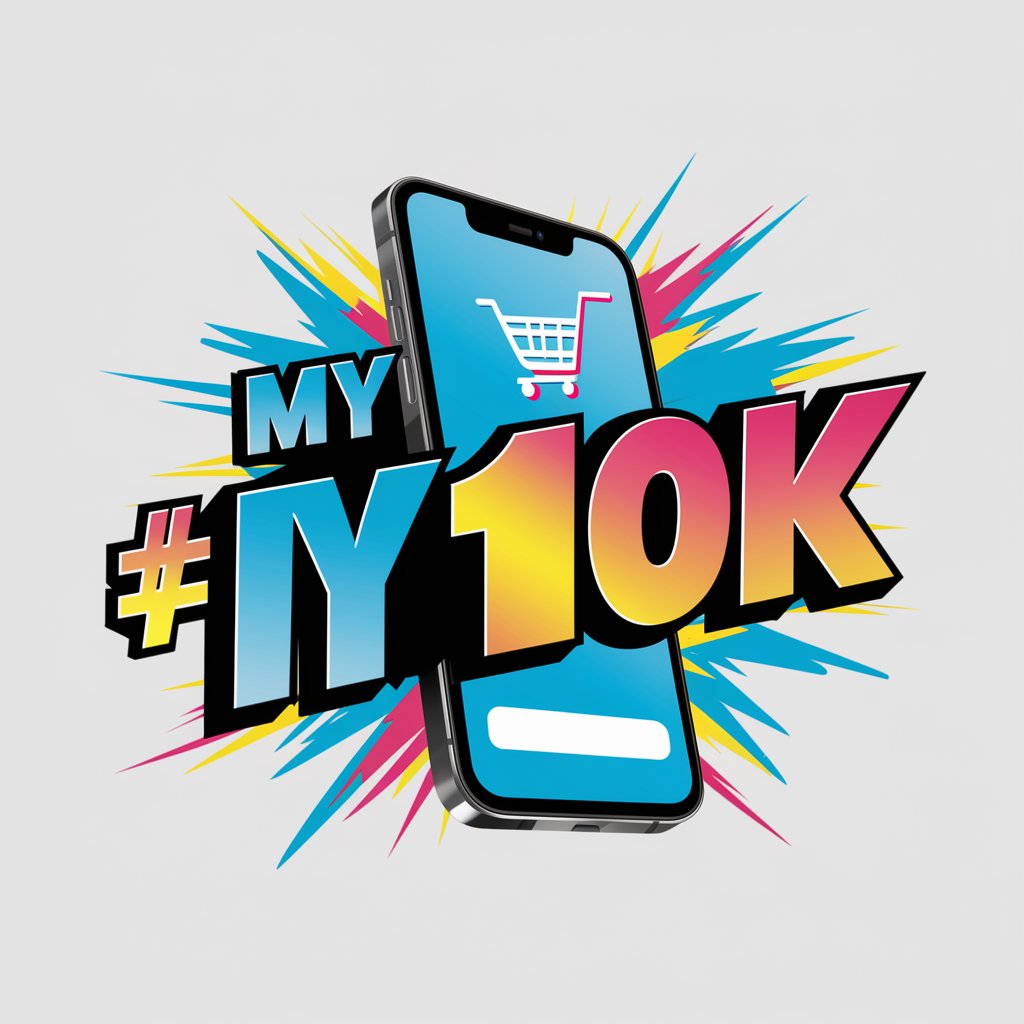
Social Savvy Guru
Empowering Content Creation with AI

Boardroom GPT
Empowering Leadership with AI Insight

PAU - Digital Marketing Advisor
Empower Your Marketing with AI

Dodo Social Media Guru
Elevate Your Social Game with AI
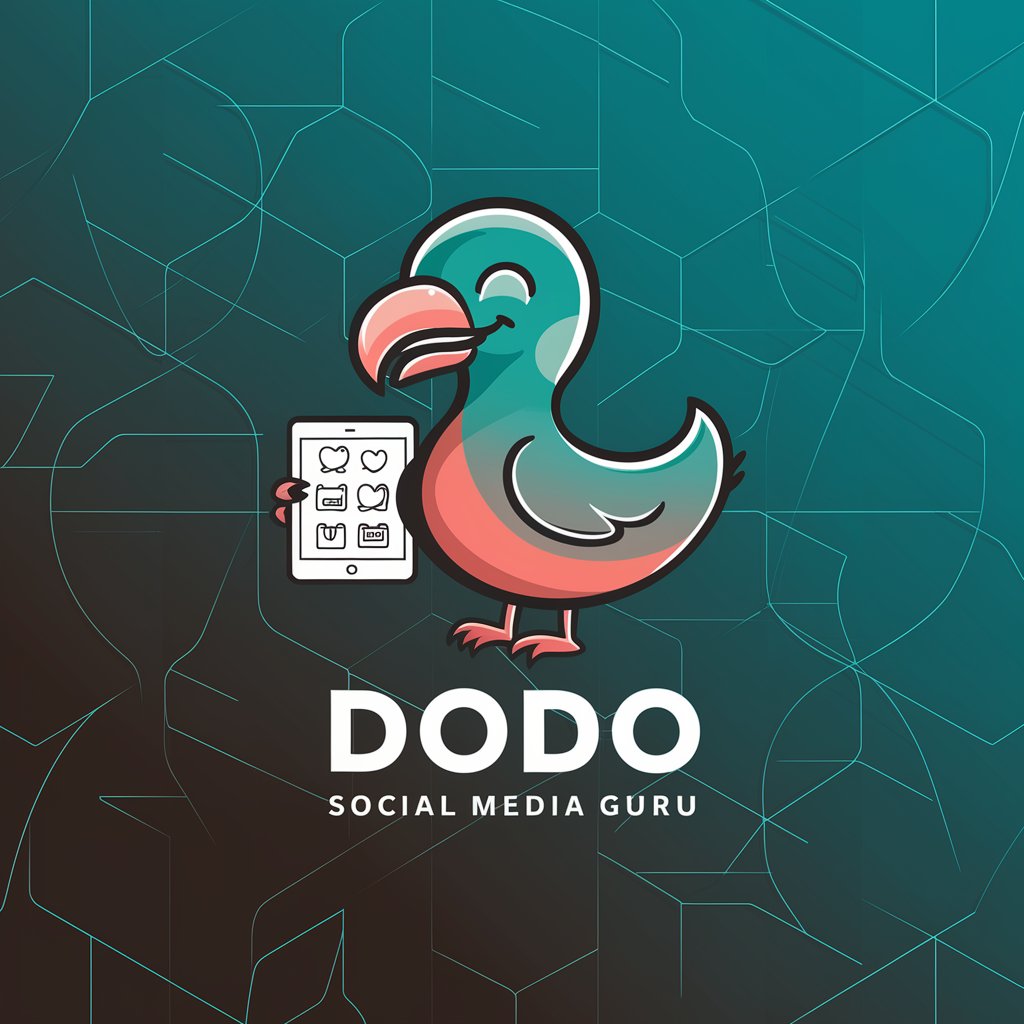
The 5 Minute Marketing Campaign from a Flowchart
Streamline Marketing with AI
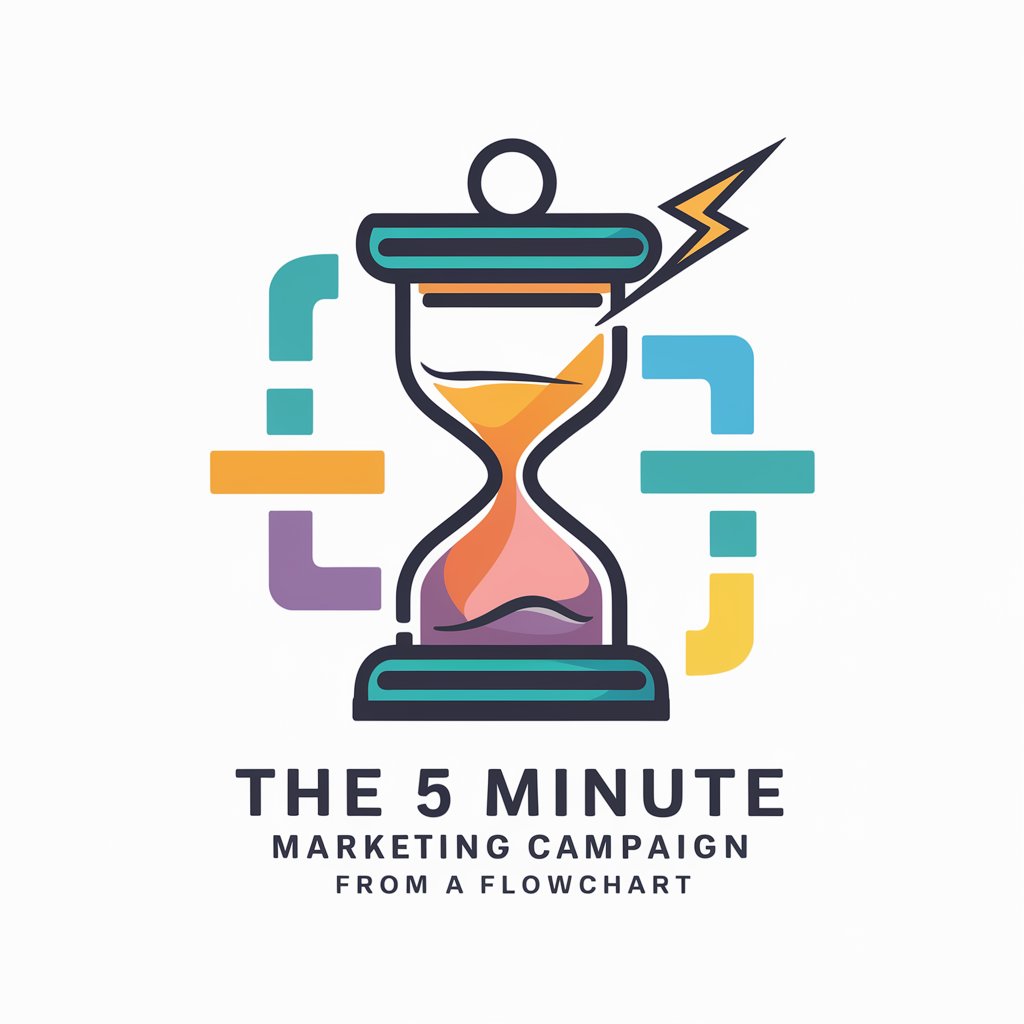
Tempello Marketing Strategist
Empower Your Law Firm with AI

Stratbot
Empowering marketing strategies with AI
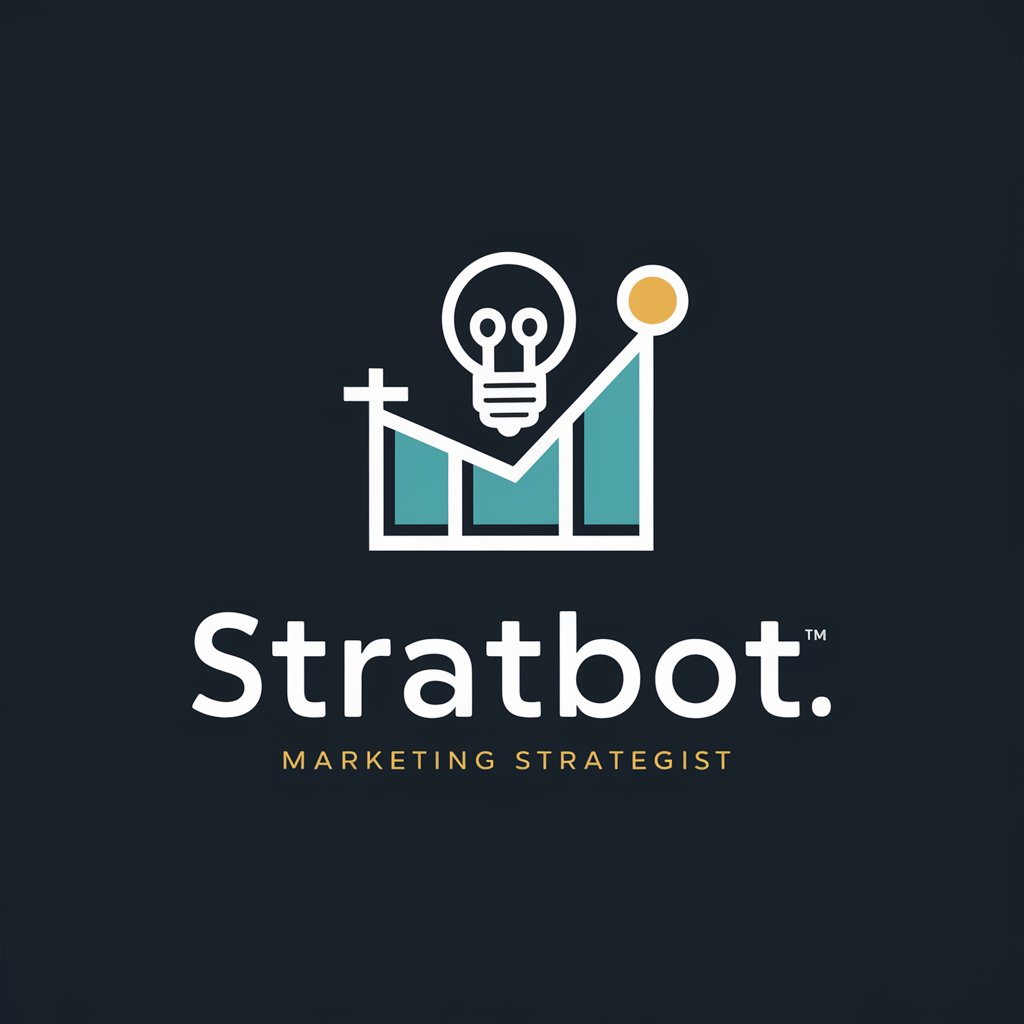
Balletic Affiliate Marketing Guide
Elevate marketing with AI-driven balletic precision

Futures Knowledge Base for TML University
Empowering Your Futures Trading with AI

Pickle GPT
Empowering communication with AI
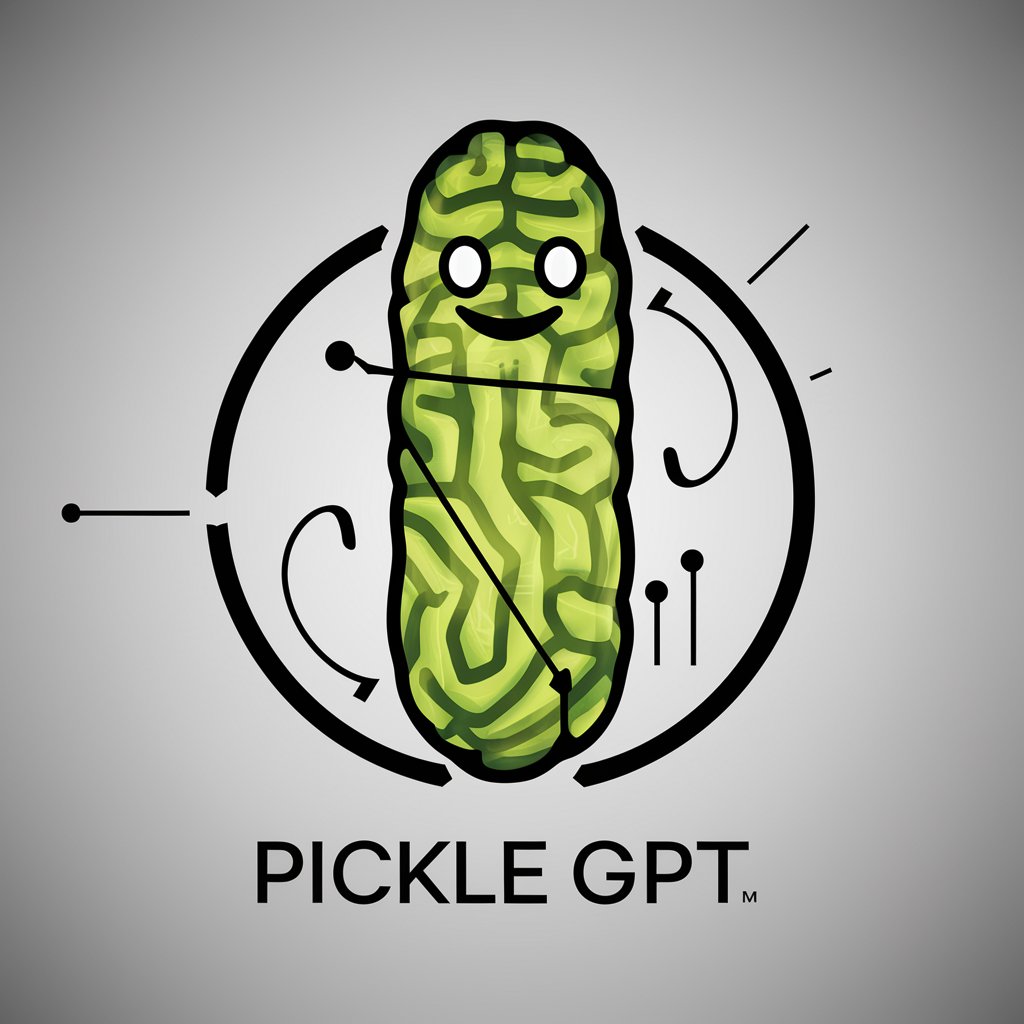
Frequently Asked Questions About Marketing Management
What is Marketing Management capable of?
Marketing Management offers strategic marketing advice, including market analysis, trend identification, and recommendations on advertising, sales promotion, and public relations strategies. It helps users develop comprehensive marketing plans and identify competitive advantages.
How can Marketing Management help small businesses?
Small businesses can leverage Marketing Management for cost-effective strategies, identifying target markets, optimizing advertising budgets, and enhancing customer engagement to compete effectively against larger entities.
Can Marketing Management assist with digital marketing strategies?
Yes, it provides insights on digital marketing trends, social media strategies, content marketing, SEO, and email marketing campaigns, tailored to your business needs and customer behavior.
How does Marketing Management stay updated with market trends?
The tool integrates the latest market data, consumer behavior insights, and industry trends into its recommendations, ensuring users receive up-to-date and relevant marketing advice.
Is Marketing Management suitable for academic purposes?
Absolutely. Students and researchers can use it for market analysis, studying consumer behavior, exploring marketing theories, and developing case studies or marketing plans for academic projects.
